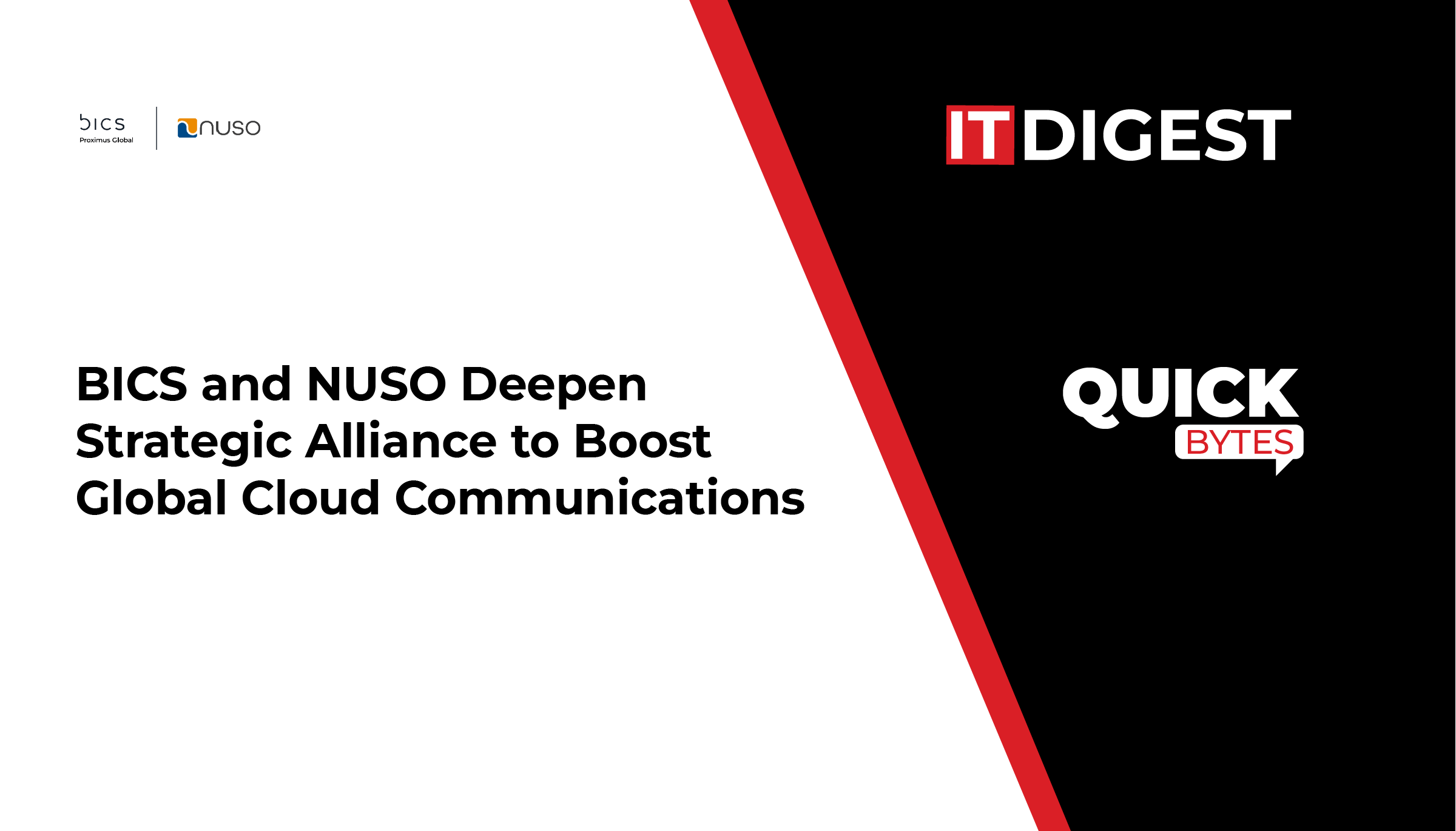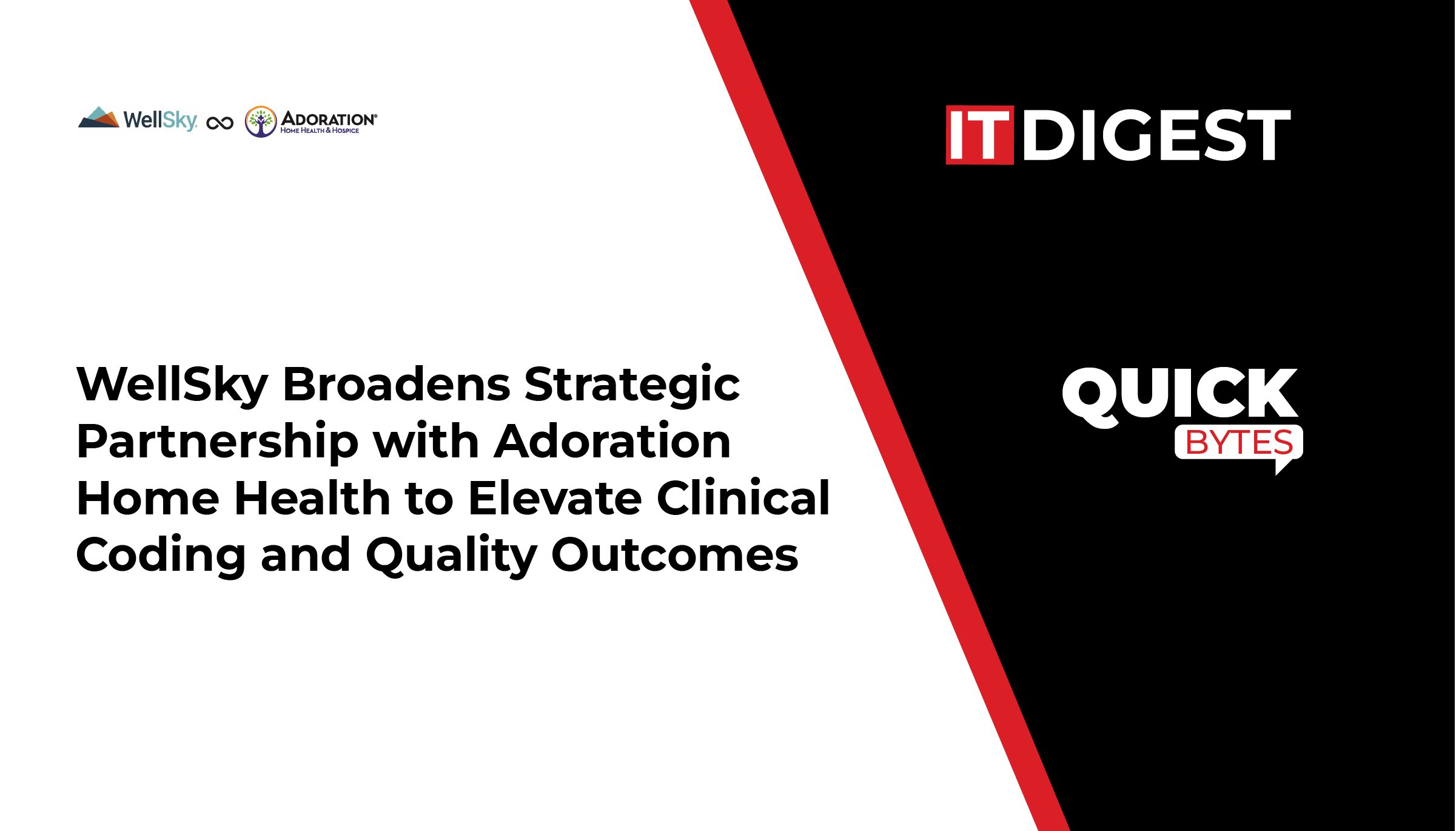Datometry, the pioneer in database system virtualization, announced support for Oracle workloads with Datometry Hyper-Q. Using Hyper-Q, enterprises can rapidly move complete workloads from legacy Oracle databases, including Exadata, to native databases on Google Cloud Platform (GCP), such as BigQuery, AlloyDB, or open-source PostgreSQL.
Enterprises often encounter obstacles when transitioning from Oracle to other database management systems. Although many workloads can be easily transferred from Oracle to PostgreSQL, the migration process frequently stalls when developers cannot access parts of the workload because SQL is deeply embedded in 3rd-party applications and custom developments. As a result, analysts estimate that more than 80% of all database migrations ultimately fail to reach their objectives.
With Hyper-Q, Datometry tackles the migration challenge in a unique way. Instead of altering the application code, Hyper-Q enables existing applications to directly interface with GCP-native databases by translating and emulating the original SQL code on the fly. This innovative approach ensures the integrity of the applications and safeguards the enterprise’s long-standing investment in them. Hyper-Q is universally applicable to any existing application, regardless of the programming language used to develop it.
Also Read: SonicWall Accelerates SASE Offerings; Acquires Proven Cloud Security Provider
The current industry trend of utilizing managed databases, coupled with the resurgence of PostgreSQL, has IT leaders enthused about the possibility of replacing Oracle databases with cloud-native systems. In tandem with Hyper-Q, GCP-native systems offer a versatile replacement for Oracle systems. Depending on the workload’s nature, BigQuery, AlloyDB, or PostgreSQL can be the most suitable replacements, providing a range of options and flexibility.
“We’re excited to extend our Oracle support for GCP-native database systems,” said Mike Waas, CEO of Datometry. “Customers are often frustrated when the SQL code in their applications isn’t accessible — either for technical or policy reasons. With Hyper-Q, they can move easily and confidently, no matter where their code is situated.”
SOURCE: PRNewswire

































